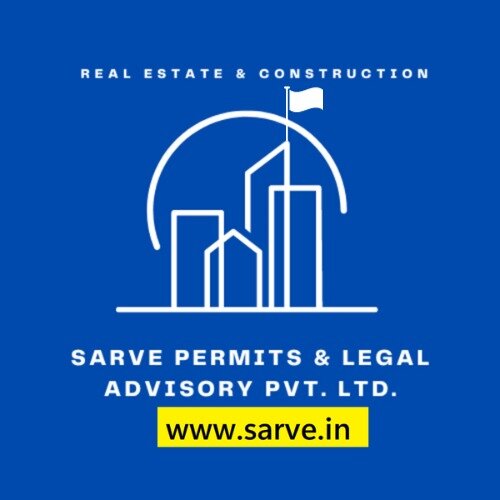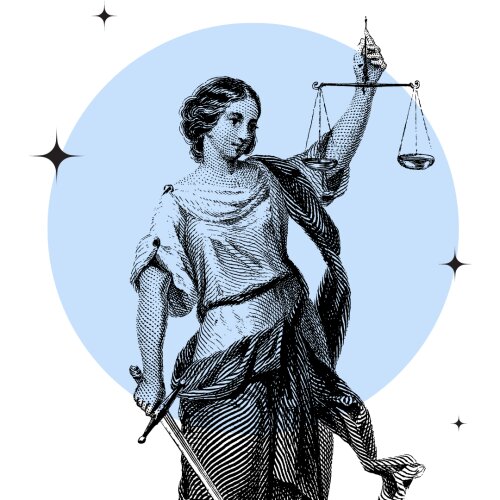Best Education Law Lawyers in Bengaluru
Share your needs with us, get contacted by law firms.
Free. Takes 2 min.
List of the best lawyers in Bengaluru, India
About Education Law in Bengaluru, India
Education Law in Bengaluru, India, encompasses a broad range of legal issues related to the field of education, including the regulation of public and private educational institutions, the rights and responsibilities of students and educators, and the frameworks governing educational policy. Bengaluru, being a major hub for education, hosts numerous prestigious institutions and has active governmental and non-governmental bodies ensuring compliance with legal and educational standards.
Why You May Need a Lawyer
There are several situations in which individuals or educational institutions may require legal assistance in matters of Education Law:
- Admissions and Reservations: Legal guidance may be needed for issues related to college admissions, seat allocations, and reservation policies.
- Disciplinary Actions: Both students and educators may seek legal advice regarding disciplinary proceedings or disputes arising from them.
- Rights Violations: Instances of discrimination or violation of educational rights can necessitate legal intervention.
- Employment Agreements: Educators and staff may need assistance with employment contracts and labor disputes.
- Compliance and Accreditation: Institutions often require guidance to comply with statutory regulations for accreditation and quality standards.
Local Laws Overview
Education laws in Bengaluru align with broader national frameworks but also incorporate specific provisions pertinent to the region. Some of the key aspects include:
- The Right to Education Act: This act ensures free and compulsory education for children aged 6 to 14 years and outlines the duties of schools and governments in providing it.
- Karnataka Education Act: This act regulates educational institutions in Karnataka, focusing on standards, administration, and fees.
- National Educational Policy (NEP) Impact: Affects local governance of institutions including restructuring of the curriculum and assessment methods.
- Private Institution Regulations: Specific rules governing the operation, fee structure, and admission of private schools and colleges.
Frequently Asked Questions
What is the Right to Education Act?
The Right to Education Act is a landmark legislation in India that mandates free and compulsory education for children between 6 and 14 years of age.
Can private schools set their own fee structures?
Private schools in Bengaluru can set their fees but must adhere to guidelines and restrictions set by the state government to ensure fees are reasonable and justified.
What are a student's rights in the event of a disciplinary action?
Students in Bengaluru have the right to a fair hearing in disciplinary matters and can appeal decisions they feel are unjust through the institution's grievance redressal mechanism or legal channels.
How do reservation policies affect admissions in Bengaluru colleges?
Reservation policies, based on caste, economic status, and other criteria, are intended to ensure equitable access to education, and are strictly enforced in admissions processes of public and some private institutions.
What legal steps can be taken if there is a breach of contract with an educational institution?
If an educational institution breaches its contract, affected parties can seek resolution through negotiation, mediation, or legal proceedings in civil courts.
Are there special accommodations for students with disabilities in Bengaluru?
Yes, educational institutions in Bengaluru are required to provide accommodations and support for students with disabilities under various state and central legislations.
What recourse is available if an institution does not comply with educational standards?
Complaints can be filed with the state education department or the appropriate regulatory authority overseeing educational standards in Bengaluru.
How do I file a complaint against an educational institution for harassment or discrimination?
Complaints can be filed with the institution's internal committee or directly with law enforcement and legal bodies focusing on human rights and discrimination issues.
Do international students have the same rights as local students?
International students have certain rights while studying in Bengaluru but must also adhere to the terms of their student visa and specific institutional policies.
What is the procedure for starting a new school in Bengaluru?
Opening a new school involves obtaining necessary approvals from the local educational authorities, adhering to infrastructure norms, and fulfilling the statutory requirements laid down for educational institutions in Karnataka.
Additional Resources
For further insights and assistance regarding Education Law in Bengaluru, the following resources and bodies can be useful:
- Karnataka State Law University: Offers resources and can direct you to legal practitioners specializing in Education Law.
- Department of Primary and Secondary Education, Karnataka: Regulates schools and can provide information on compliance and regulations.
- National Council for Education Research and Training (NCERT): Offers guidelines and support materials relevant to educators and policy compliance.
- State Commission for Protection of Child Rights: Can assist in cases of student rights violations and provide guidance on child protection in schools.
Next Steps
If you need legal assistance in Education Law, consider the following steps:
- Identify Your Issue: Clearly define the problem or question you have regarding Education Law.
- Seek Legal Advice: Contact a lawyer or legal expert specializing in Education Law for a consultation.
- Collect Documents: Gather any relevant documentation, including contracts, communications, and records related to your issue.
- Understand Your Rights: Acquaint yourself with your legal rights and the obligations of involved parties under local laws.
- File a Complaint: If necessary, file a formal complaint with the appropriate regulatory body, following the legal guidance received.
Lawzana helps you find the best lawyers and law firms in Bengaluru through a curated and pre-screened list of qualified legal professionals. Our platform offers rankings and detailed profiles of attorneys and law firms, allowing you to compare based on practice areas, including Education Law, experience, and client feedback.
Each profile includes a description of the firm's areas of practice, client reviews, team members and partners, year of establishment, spoken languages, office locations, contact information, social media presence, and any published articles or resources. Most firms on our platform speak English and are experienced in both local and international legal matters.
Get a quote from top-rated law firms in Bengaluru, India — quickly, securely, and without unnecessary hassle.
Disclaimer:
The information provided on this page is for general informational purposes only and does not constitute legal advice. While we strive to ensure the accuracy and relevance of the content, legal information may change over time, and interpretations of the law can vary. You should always consult with a qualified legal professional for advice specific to your situation.
We disclaim all liability for actions taken or not taken based on the content of this page. If you believe any information is incorrect or outdated, please contact us, and we will review and update it where appropriate.













